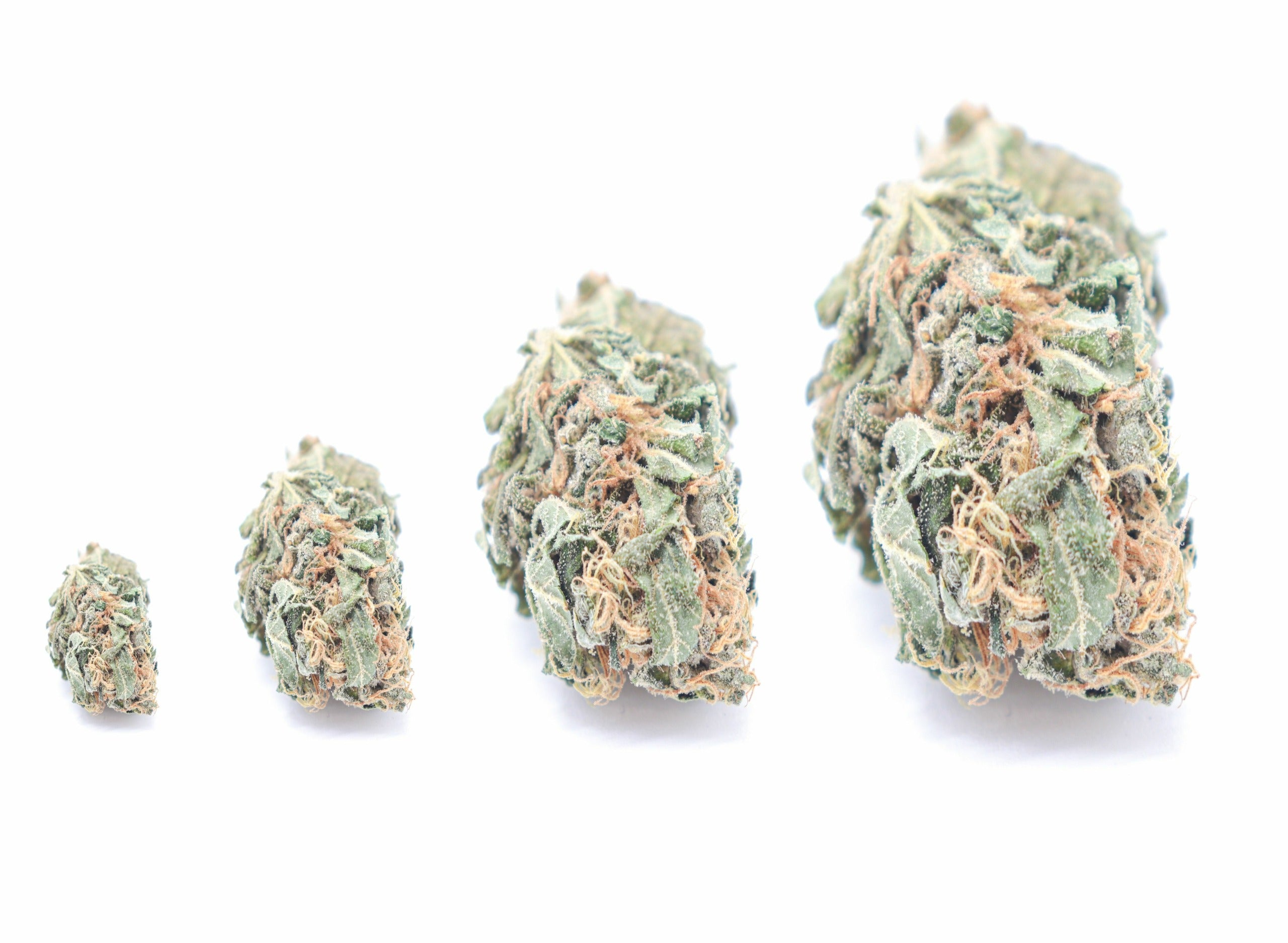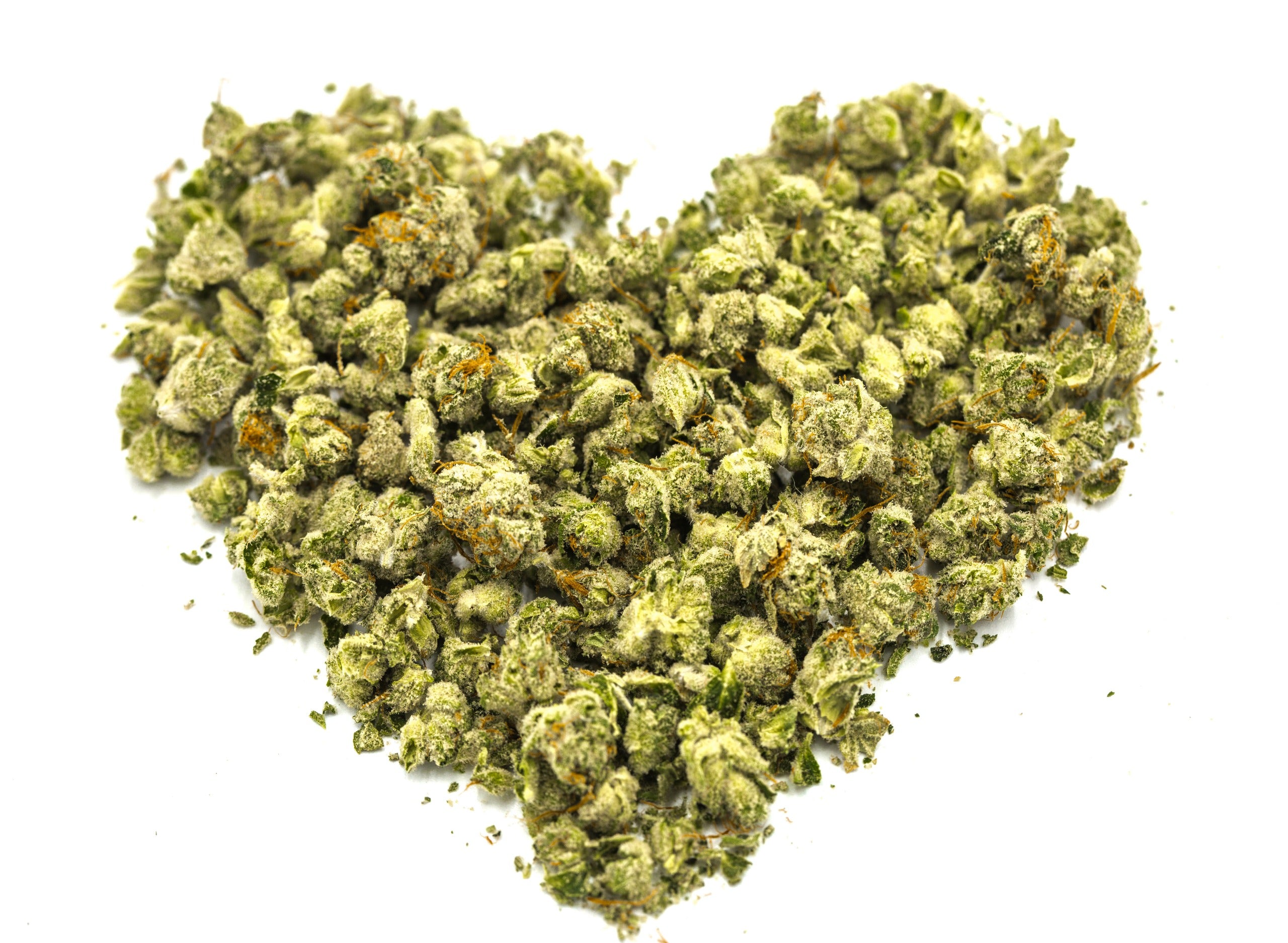For many, the term “weed hangover” might be unfamiliar. But this phenomenon, where individuals experience symptoms like brain fog and headaches after the high of marijuana consumption dissipates, is more common than one might believe. Drawing insights from limited studies, user experiences, and prevalent misconceptions, here’s an in-depth look at the enigma of weed hangover.
Cannabis Hangover Research
Historically, due to the prohibition’s restrictions on cannabis studies, research on the topic remains scarce. However, some studies offer insights. A pivotal study in 1985 involving 13 male participants indicated residual effects the day after marijuana consumption, potentially suggesting a hangover. Yet, the study’s limited sample size and lack of diversity have been criticized. A subsequent 1998 study with a similar setup concluded that the effects of smoking a single joint were minimal.
Nevertheless, anecdotal accounts emphasize a notable hangover after consuming potent cannabis products, especially edibles and RSO, an extraction technique. The occasional greening out after consuming excessive cannabis products, particularly edibles like cannabis gummies, substantiates this further. There’s a pressing need for comprehensive research to understand this phenomenon conclusively.
Potential Causes
Overconsumption is the primary suspect behind weed hangovers. Even so, cannabis’s effects vary based on factors such as strain, THC content, tolerance, and individual body chemistry. While some users might feel effects after consuming food that enhances their high, others might feel perfectly fine. Notably, several reports suggest edibles or extracts cause more intense hangovers than traditional methods like smoking pipes. It’s crucial to remember the mantra: “start low and go slow.” Plus, always ensure you consume edibles that are stored in compliant packaging.
Comparing Weed and Alcohol Hangovers
Although overindulgence in cannabis might cause hangovers, it’s crucial to differentiate between alcohol and weed hangovers. Alcohol hangovers can cause a slew of symptoms ranging from nausea to insomnia. While some symptoms overlap, alcohol and cannabis function differently within the body, and comprehensive research is vital for understanding their distinct hangover causes.
Cannabis and Dehydration Myths
A prevalent myth suggests that cannabis causes dehydration, exacerbating weed hangovers. The misconception seems rooted in the cottonmouth sensation users often experience. This sensation arises from THC binding to salivary glands, temporarily inhibiting saliva production, not dehydration. Although cannabis might not cause dehydration directly, maintaining hydration is essential.
Managing Cannabis Hangover Symptoms
For those grappling with a weed hangover, various remedies might offer relief:
Brain Fog and Fatigue: Engage in physical activity, take a cool shower, maintain hydration, eat healthily, and consider caffeine for that extra boost.
Headaches: Traditional remedies such as cold compresses, temple massages, and over-the-counter pain relievers can be effective.
Nausea: Stay hydrated, consume mild foods, or seek anti-nausea medication post-consultation with a doctor.
Dry Eyes: Eyedrops can help alleviate redness and discomfort.
The Bottom Line
In summary, weed hangovers, although not universally acknowledged, are a reality for some users. Until more comprehensive research illuminates the intricacies of this phenomenon, users are advised to consume cannabis responsibly, paying heed to dosage recommendations.












Leave a comment
All comments are moderated before being published.
This site is protected by reCAPTCHA and the Google Privacy Policy and Terms of Service apply.